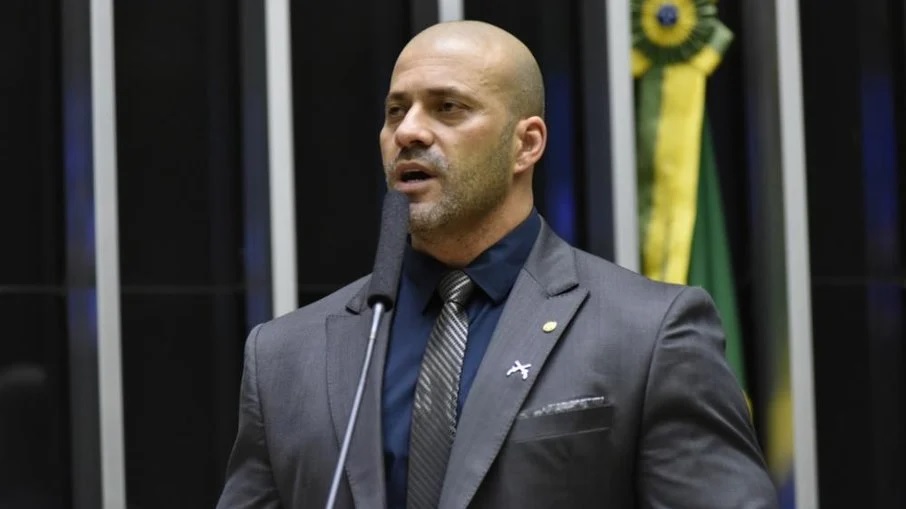RIO DE JANEIRO, BRAZIL – The pardon granted by President Jair Bolsonaro to Congressman Daniel Silveira (PTB-RJ), sentenced by the Supreme Court (STF) to eight years and nine months in prison for threats and attacks on the Court, should boost the processing of projects that limit the individual pardon (grace) in Congress. The president of the Senate, Rodrigo Pacheco (PSD-MG), said that “there will certainly be initiatives in this direction” because it is necessary to “establish better criteria for the president to use this institute.
New regulation of the presidential pardon is also well regarded by the upper echelons of the Judiciary. Justices of the Supreme Court (STF) believe that overturning the decree that overturned Silveira’s conviction would be “to fall into a trap” and open space for the discourse of interference in the Executive.
For members of the Court, Bolsonaro’s act has a constitutional provision, but it cannot be distorted to shield allies and affront the Judiciary. For this reason, according to them, it would be important for Congress to establish stricter rules. The idea is to create locks to avoid new discord, especially during elections.
While behind the scenes means are being sewn to advance this new regulation, at least 19 projects in the Congress and Senate deal with the presidential pardon. According to a survey, five of them would affect or prohibit the pardon granted by Bolsonaro to Daniel Silveira if they had already become law.
Some of these proposals, drafted in the past by supporters of the president such as Senators Eduardo Girão (Podemos-CE) and Lasier Martins (Podemos-RS), state in their justifications that the goal was to prevent the pardon from being used to “benefit any friends and associates” of the President.

Sentenced to prison, a fine, the loss of his mandate and political rights, Silveira is an ally of the Bolsonaro family and considered by the president as the “ideal candidate” of his political group for the Senate in Rio in the October elections. The president was a critic of the pardon and had promised to end the measure, usually issued collectively at the end of the year.
MOTIVATIONS
Seven of the 19 bills dealing with presidential pardon in Congress were proposed between 2017 and 2018. Many of them ended the institute or prohibited its granting in cases of corruption or crime against public administration.
During this period – and to some extent still in 2019 – congress members reacted to the Christmas pardon granted by former President Michel Temer in 2017 when he pardoned white-collar crimes and benefited Lava-Jato convicts.
The issue was also in vogue as then-candidate Jair Bolsonaro accused his opponent in the elections, Fernando Haddad (PT), of, if elected, granting a pardon to former President Lula, who at that moment was in prison.
One of the Proposals of Amendment to the Constitution (PEC) that could prevent the pardon to Silveira is by Senator Eduardo Girão, presented in 2019, which prohibits the granting of the pardon in case of conviction for crimes against public administration.
There is a discussion among ministers of the STF whether the coercion of state agents by the congressman Bolsonarista would fit this typification.
Another PEC, by Senator Lasier Martins, is even more comprehensive and prohibits the institute for crimes against the public administration, against the national financial system, and money laundering. Flávio Bolsonaro (PL-RJ) was one of the 31 signatories.
Both Girão and Martins defend, however, Bolsonaro’s pardon to Silveira. The former said that the pardon guaranteed the freedom of speech and the parliamentary immunity of the congressman. Martins said he was convinced that the instrument is part of the president’s prerogative.
With information from O Globo

